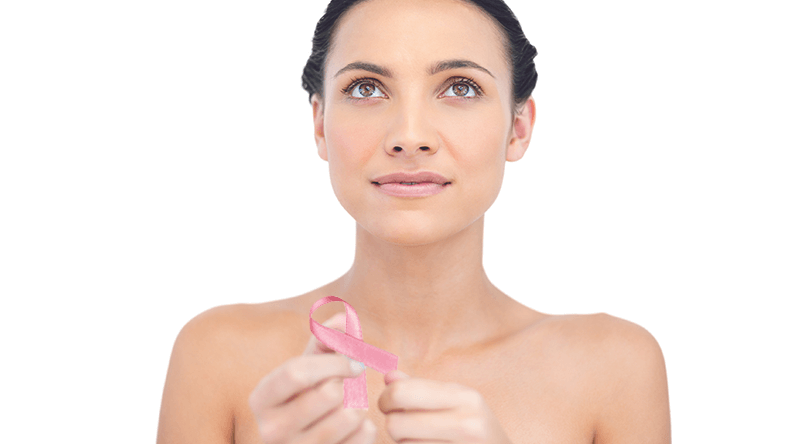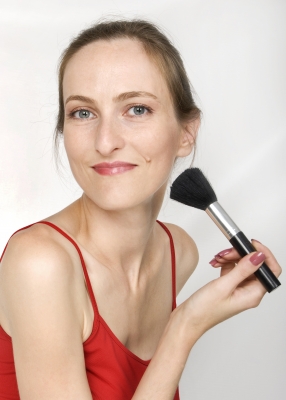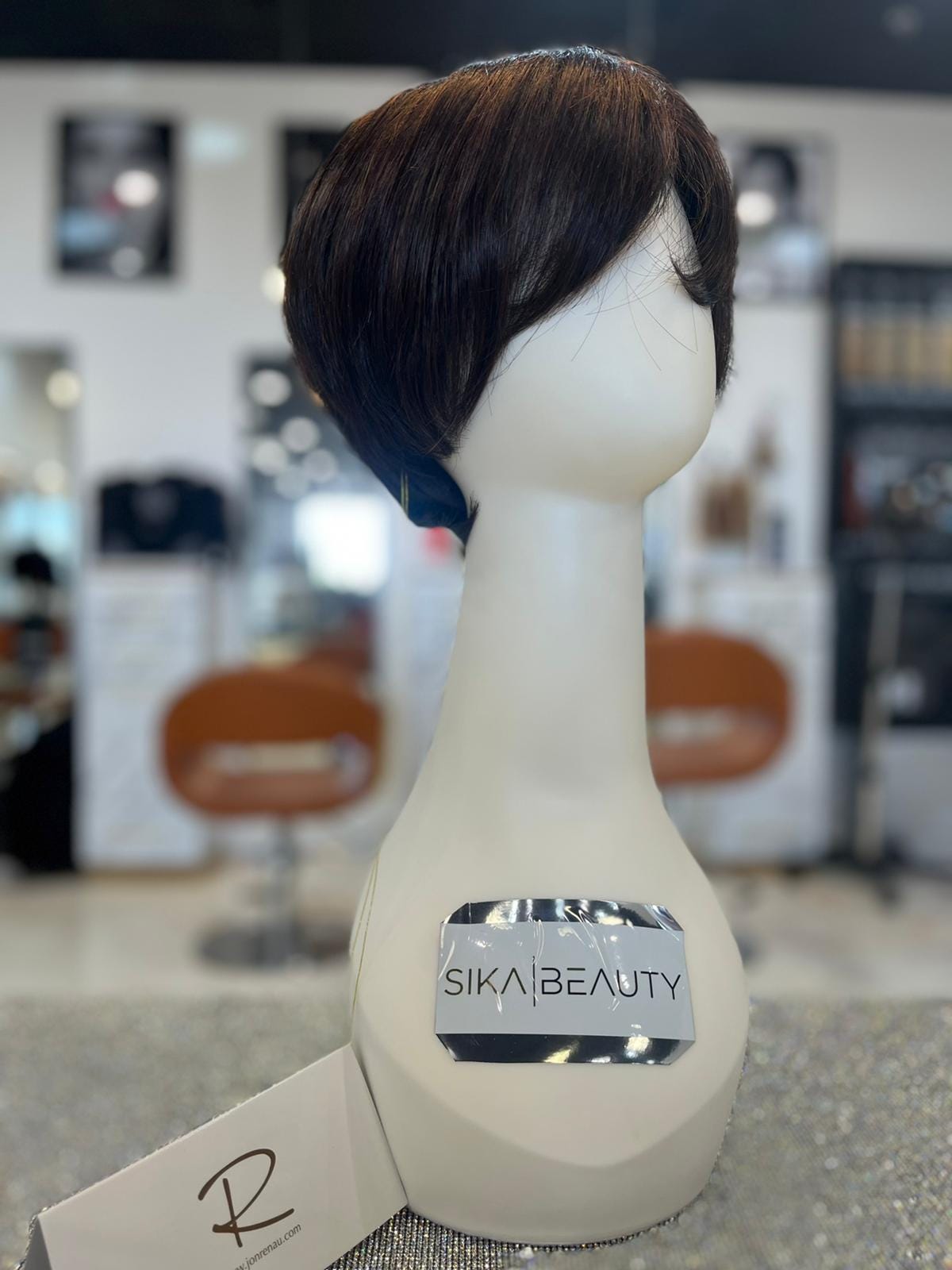Restoring Confidence: A Guide to Makeup for Cancer Patients
Related Articles: Restoring Confidence: A Guide to Makeup for Cancer Patients
Introduction
In this auspicious occasion, we are delighted to delve into the intriguing topic related to Restoring Confidence: A Guide to Makeup for Cancer Patients. Let’s weave interesting information and offer fresh perspectives to the readers.
Table of Content
Restoring Confidence: A Guide to Makeup for Cancer Patients

Cancer treatment often brings about physical changes, impacting a patient’s self-image and overall well-being. While focusing on health remains paramount, addressing the emotional and aesthetic concerns that arise is crucial. Makeup, a powerful tool of self-expression and confidence, can play a significant role in helping cancer patients feel more like themselves during this challenging time.
This comprehensive guide explores the benefits of makeup for cancer patients, offering insightful information, practical tips, and answers to frequently asked questions.
The Importance of Makeup for Cancer Patients
The transformative power of makeup extends beyond mere aesthetics. For cancer patients, it can be a source of:
- Enhanced Self-Esteem: Cancer treatments can lead to hair loss, skin discoloration, and other changes that affect how patients perceive themselves. Makeup can help conceal these changes, boosting self-confidence and promoting a sense of control.
- Emotional Well-being: Feeling good about one’s appearance can significantly impact emotional well-being. Makeup can provide a sense of normalcy, allowing patients to express their individuality and feel more comfortable in their own skin.
- Improved Social Interactions: Many patients report feeling self-conscious about their appearance during treatment. Makeup can help them feel more confident in social settings, reducing anxiety and facilitating easier interactions.
- Stress Reduction: The act of applying makeup can be a relaxing and therapeutic experience, offering a distraction from the challenges of treatment and promoting a sense of calm.
Navigating Makeup Challenges
Cancer treatments can impact skin sensitivity, making it challenging to use traditional makeup products. Here are some common concerns and solutions:
- Dryness and Sensitivity: Chemotherapy and radiation can lead to dry, flaky skin. Opt for hypoallergenic, oil-free makeup formulas and moisturize regularly.
- Skin Discoloration: Changes in pigmentation are common. Look for products with buildable coverage and a range of shades to match the skin tone.
- Hair Loss: Choose brow and lash products that are gentle and easy to apply. Consider using a wig or scarf if desired.
- Fatigue: Keep makeup application simple and quick. Use multi-purpose products to minimize the number of steps.
Choosing the Right Products
Selecting the right makeup products is essential for achieving the desired results and ensuring comfort. Here are some key considerations:
- Hypoallergenic and Non-Comedogenic: Choose products that are gentle on sensitive skin and unlikely to cause irritation or breakouts.
- Mineral-Based: Mineral makeup is often hypoallergenic and provides a natural, buildable finish.
- Water-Based: Water-based formulas are typically lighter and more breathable than oil-based options, making them suitable for sensitive skin.
- SPF Protection: Protect the skin from sun damage with products containing SPF.
- Cream-Based: Cream-based products tend to be more hydrating and blend easily on dry skin.
Tips for Applying Makeup
- Start with a Clean Canvas: Cleanse and moisturize the skin thoroughly before applying makeup.
- Prime the Skin: Use a primer to create a smooth base and enhance the longevity of makeup.
- Conceal Imperfections: Use a concealer to cover blemishes, dark circles, and uneven skin tone.
- Apply Foundation Sparingly: Choose a foundation that matches the skin tone and apply it with a brush or sponge.
- Define the Eyes: Use eyeshadow, eyeliner, and mascara to accentuate the eyes.
- Enhance the Lips: Choose a lipstick or gloss that complements the skin tone.
- Set the Makeup: Use a setting spray or powder to help makeup last longer.
FAQs about Makeup for Cancer Patients
Q: Is it safe to use makeup during cancer treatment?
A: Most makeup products are safe to use during cancer treatment. However, it’s important to choose hypoallergenic and non-comedogenic formulas and to avoid products containing harsh chemicals.
Q: What if I’m experiencing hair loss?
A: There are many options for concealing hair loss, including wigs, scarves, and headbands. You can also use brow and lash products to enhance the features of your face.
Q: How can I find makeup products that are suitable for my skin?
A: Consult with a dermatologist or a makeup artist who specializes in working with cancer patients. They can recommend products tailored to your specific needs.
Q: Can makeup help me feel more confident during treatment?
A: Absolutely! Makeup can be a powerful tool for boosting self-esteem and promoting a sense of normalcy during treatment.
Q: Where can I learn more about makeup for cancer patients?
A: There are many resources available online and in local communities. Look for organizations like Look Good Feel Better, which offer free workshops and information on makeup and skincare for cancer patients.
Conclusion
Makeup can be a powerful tool for cancer patients, offering not only aesthetic benefits but also a boost in confidence, emotional well-being, and overall quality of life. Choosing the right products and techniques can help patients feel more like themselves during this challenging time. By embracing the power of makeup, cancer patients can reclaim their sense of self and navigate the journey with renewed strength and grace.








Closure
Thus, we hope this article has provided valuable insights into Restoring Confidence: A Guide to Makeup for Cancer Patients. We appreciate your attention to our article. See you in our next article!